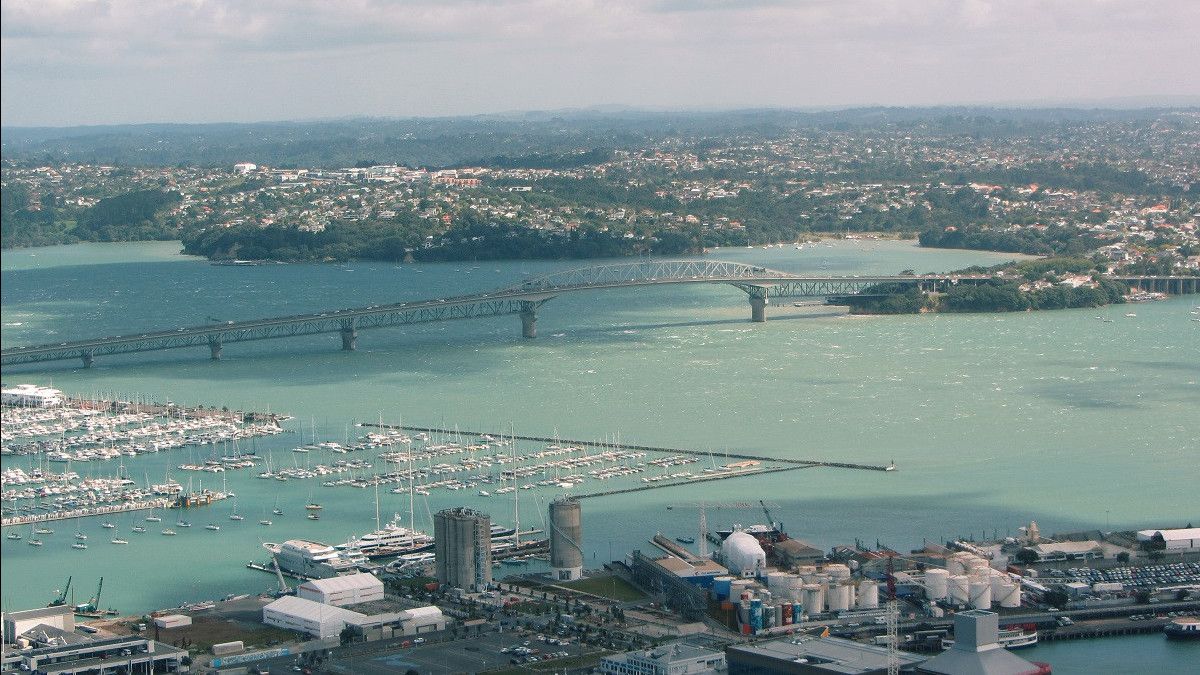JAKARTA - The Prime Minister of New Zealand said it would not allow nuclear-powered submarines to enter its waters, due to its long-held nuclear-free policy.
This statement came out, along with neighboring countries, Australia would have nuclear submarines, the result of a trilateral agreement with the United States and Britain.
New Zealand Prime Minister Jacinda Ardern said on Thursday Australia's new nuclear submarines would not be allowed in its territorial waters, long protected by its longstanding nuclear-free policy.
The new Indo-Pacific security partnership announced by United States President Joe Biden, British Prime Minister Boris Johnson and Australian Prime Minister Scott Morrison, will see the United States and Britain provide Australia with the technology and capability to deploy nuclear-powered submarines.
The Indo-Pacific deal is widely seen as an attempt to stem China's growing influence in the Indo-Pacific region.
"I discussed the arrangement with Prime Minister Morrison last night," PM Ardern said at a news conference.
"I'm pleased to see that views have been shifted to our region from the partners we work with. This is a contested area and there is a role others can play in taking an interest in our region. However, this lens we will look at from will include stability," he said.
However, Ardern said nuclear-powered submarines would not be allowed in New Zealand waters under the 1984 nuclear-free zone policy.
"Of course they cannot enter our internal waters. No ship partially or completely powered by nuclear energy can enter our internal borders," he stressed.
PM Ardern said the new Indo-Pacific grouping did not change the security and intelligence ties of New Zealand, which is a member of Five Eyes, a postwar intelligence grouping that also includes the United States, Britain, Australia and Canada.
"This is not a treaty level arrangement. It does not change our existing relationship, including Five Eyes or our close partnership with Australia on defense matters."
PM Ardern, who is in her second term, appears to be focused on a more independent foreign policy that is disloyal to any major bloc.
To note, New Zealand's Foreign Minister Nanaia Mahuta was uncomfortable with the expansion of Five Eyes' role, drawing criticism from Western allies who said New Zealand was reluctant to criticize China for its trade ties.
The English, Chinese, Japanese, Arabic, and French versions are automatically generated by the AI. So there may still be inaccuracies in translating, please always see Indonesian as our main language. (system supported by DigitalSiber.id)









